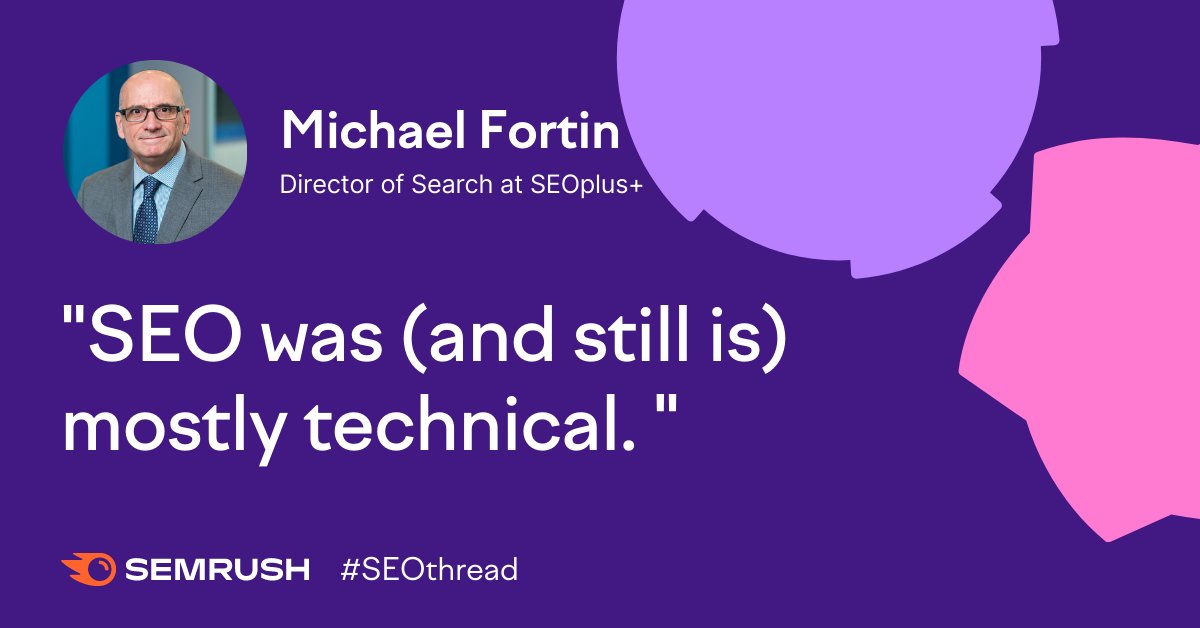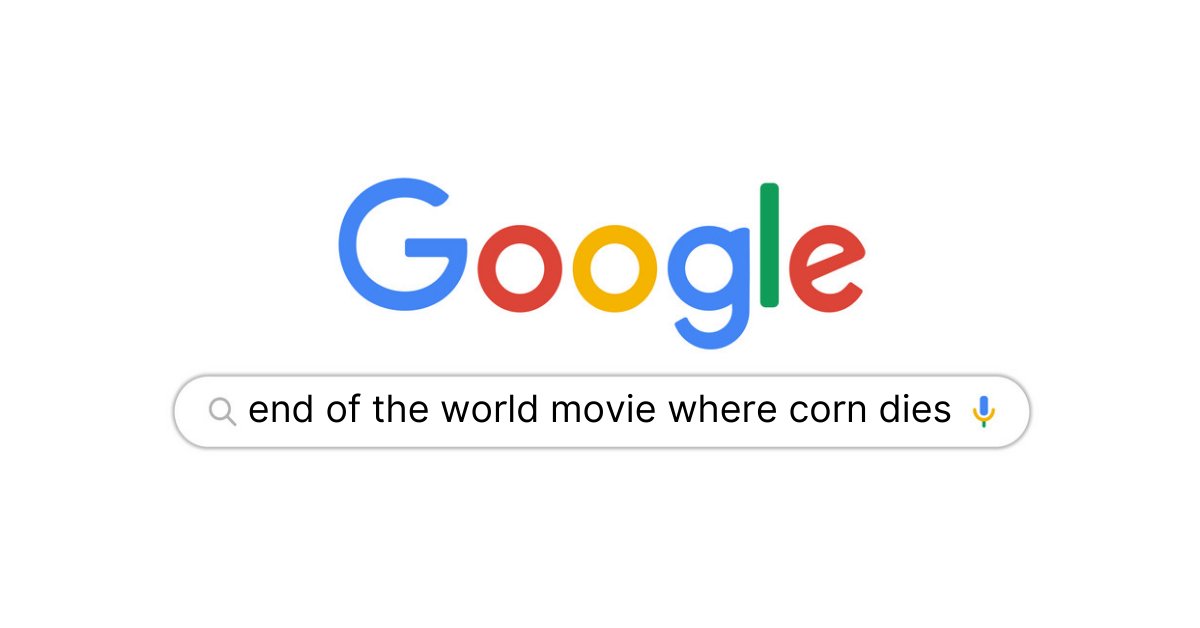
👋 everyone, Lindsey Bailin here, let's chat Content strategy! Content strategy is more than copying your competitors to fill in content gaps. Plan your content around KPIs and include other disciplines so you can reach your goals.🧵
@lindsbail #SEOthread
@lindsbail #SEOthread

Consider Your Goals Before You Ideate
No matter what your role is with a brand, you need to know your project’s goals. Knowing how to prioritize your content around your goals will help you and your team accomplish them.
@lindsbail #SEOthread
No matter what your role is with a brand, you need to know your project’s goals. Knowing how to prioritize your content around your goals will help you and your team accomplish them.
@lindsbail #SEOthread

Examples of goals:
Increasing organic traffic by X% quarter over quarter
Improve quality of backlink profile and mentions by X% year over year
Generate X amount of leads per quarter
Improve engagement or follower count by X monthly
@lindsbail #SEOthread
Increasing organic traffic by X% quarter over quarter
Improve quality of backlink profile and mentions by X% year over year
Generate X amount of leads per quarter
Improve engagement or follower count by X monthly
@lindsbail #SEOthread
Research, Research, Research
Dedicate time for researching & sharing ideas. Beyond content gaps, consider who your indirect informational competitors are. What sort of content overlaps with yours? What does your target audience have in common with theirs?
@lindsbail #SEOthread
Dedicate time for researching & sharing ideas. Beyond content gaps, consider who your indirect informational competitors are. What sort of content overlaps with yours? What does your target audience have in common with theirs?
@lindsbail #SEOthread
👀 Explore Content Gold Mines
Learn what your customers are posting on Reddit and how that subreddit’s rules operate. Sign up for newsletters, then mold those ideas to fit your audience. Tools like @semrush and @sparktoro can help with this too.
@lindsbail #SEOthread
Learn what your customers are posting on Reddit and how that subreddit’s rules operate. Sign up for newsletters, then mold those ideas to fit your audience. Tools like @semrush and @sparktoro can help with this too.
@lindsbail #SEOthread
Organize Your Ideas Thoughtfully
Create a G-Sheet to house your team's recommendations based on the idea, its associated goal, keyword volume & whatever else you find helpful. Then you can prioritize ideas based on potential impact & available resources.
@lindsbail #SEOthread
Create a G-Sheet to house your team's recommendations based on the idea, its associated goal, keyword volume & whatever else you find helpful. Then you can prioritize ideas based on potential impact & available resources.
@lindsbail #SEOthread
Invite Your Team to a Content Strategy Meeting
You don't need to make it mandatory, but everyone should be invited. Devs & designers can provide realistic expectations for their resources. Outreach teams can weigh in on the difficulty of building links.
@lindsbail #SEOthread
You don't need to make it mandatory, but everyone should be invited. Devs & designers can provide realistic expectations for their resources. Outreach teams can weigh in on the difficulty of building links.
@lindsbail #SEOthread
Write. Edit. Distribute.
The entire team should now be on the same page. Now all that’s left is a workflow. This is how we like to do it at @launchthat, but your needs might be different.
SEO Page Table
Write
Edit
Design
Develop
SEO QC
Distribute
@lindsbail #SEOThread
The entire team should now be on the same page. Now all that’s left is a workflow. This is how we like to do it at @launchthat, but your needs might be different.
SEO Page Table
Write
Edit
Design
Develop
SEO QC
Distribute
@lindsbail #SEOThread
• • •
Missing some Tweet in this thread? You can try to
force a refresh















